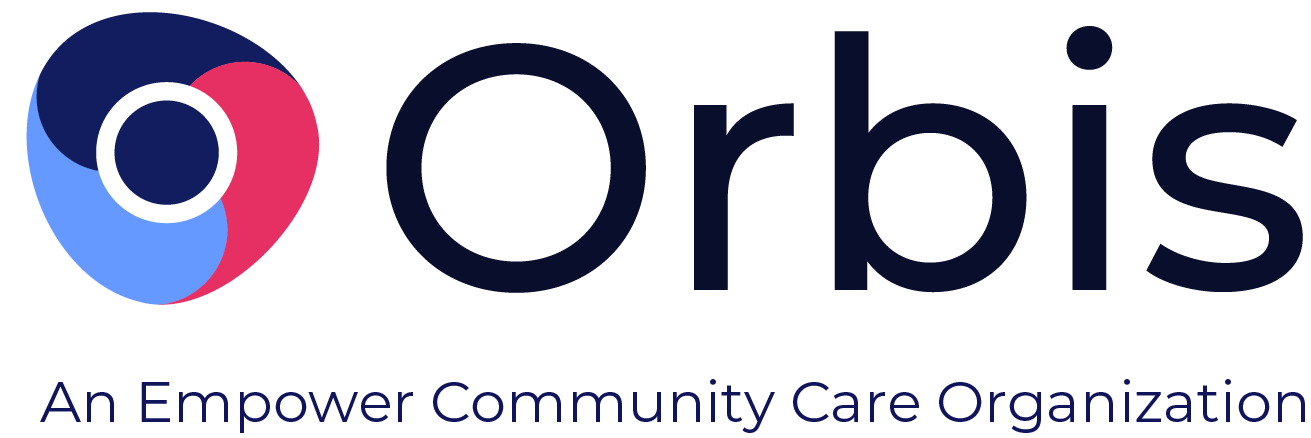Drug and alcohol use can cause tragedy across all members of society. Perhaps one of the most vulnerable groups is that of justice-involved youth.
The Impact of Teen Offenses
Teen users usually prefer marijuana, prescription pills, alcohol, and/or club drugs to cope with stress, have a good time, and experiment with substances. A 2020 study by the National Institution on Drug Abuse stressed that 53.3% of 12th graders had consumed alcohol and nearly 36.8% had used illegal drugs. When questioned about why they tried substances, most respondents just simply shrugged their shoulders.
Anyone can be affected by a youth’s usage of alcohol or drugs. Tragedies like alcohol poisoning, drug overdose deaths, DWI arrests, and medical costs are a few of the consequences of using. But those aren’t the only possible costs: In California, if a juvenile offender is incarcerated the family can be charged a price tag of $25 per day and up. Families have gone bankrupt trying to maintain a teen in a juvenile facility.
Even if a child does not use substances, they could quickly become a victim of an alcohol or drug-related crime just by the friends they associate with. Trying alcohol or drugs just once before a teenage brain has developed increases the risk for addiction. For example, if an individual drinks alcohol before the age of 15, they are five times more likely to develop alcohol abuse or dependence. The same statistics hold true for those who try drugs at a young age.
What Happens When Justice-Involved Youth Are Arrested For Substance Use?
Kids who abuse substances experience many problems including involvement in the juvenile court system. If incarceration is not bad enough, using drugs and alcohol causes academic difficulties, health-related issues, poor peer relationships, and loss of family.
Any justice-involved youth faces potentially serious consequences when caught drinking or taking drugs illegally, but a juvenile who abuses them faces a stigma on their legal records that can stay with them over time. A drug conviction can cause a young person to be kicked off school sports teams, cost a high schooler their scholarship opportunities, and may even lead to expulsion.
Even if juvenile courts have a broader range of options than an adult drug court, it will be difficult for an adolescent to erase the damage they have done to themselves, their family, and their peers for many years. No one wants to get involved in the criminal justice system at such an early age.
It's Not Hard To Be Charged With Possession
To be convicted of drug possession, a teen must knowingly possess or control the substance. By merely saying “I didn’t know it was here” will not prevent an arrest. If it can be proved the youth knew the substances were in the vicinity, they can be considered guilty of possession.
Punishments for drug possessions can include:
- A sentence to drug counseling. The goal of juvenile courts is to rehabilitate young people and keep them from becoming adult criminals.
- Probation can be a punishment for drug possession. Teens who have been charged must comply with specific terms. Attending school regularly, maintaining or finding a job, participating in drug counseling or family counseling, and performing community service are possibilities. Drug and alcohol offenders must stay in touch with their probation officer and freedom is curtailed.
- Diversion or informal probation is an option for drug and alcohol possession. Justice-involved youth will have a list of court rules they need to follow. One positive note, once a teen has fulfilled probation they are finished.
- Detention is a strict sentence for a juvenile who has been charged multiple times with alcohol or drug possession. Detention may involve home confinement, placement with a foster family, or incarceration in a juvenile home or detention center. If robbery or violence is involved in the drug and alcohol violation, the risk of being sentenced to a facility is even higher.
Other Resources For Support And Treatment
Drugs and alcohol can have many effects on justice-involved youth including mental health illnesses, behavioral issues, disruptions in academics, and change in social groups. However, teens are not alone if they have an alcohol or drug arrest on their record. There are support groups available and many of these options are voluntary – not court-ordered. An adolescent who shows a judge they are already seeking help can only be a positive factor in court.
Inpatient rehabilitation takes place in residential facilities—usually up to 90 days. Treatment includes detox, counseling, support groups, therapy, and 12-step programs. Medications are used to ease withdrawal symptoms, and alternative therapies are explored.
Outpatient rehabilitation consists of therapy, counseling, and medical help. Outpatient rehabilitation is part-time treatment while the teen continues to live in their own community.
Risk, needs and strengths assessment tools and mental health assessment tools can also be an option. Orbis Partners’ innovative juvenile risk assessment and case planning tool, the Youth Assessment and Screening Instrument (YASI), helps measure risks, needs, and strengths in at-risk and justice-involved youth. It provides a vehicle for analyzing information collected by probation officers, caseworkers, youth service managers, social workers, and other professionals who assess young clients in both community and residential settings. YASI is proven to accurately predict if a juvenile is likely to re-offend and helps link client results to individualized case planning and service provision. By using assessments such as YASI, professionals can better manage their caseloads and tailor services to meet an adolescent's needs.
Orbis also has a streamlined, cloud-based instrument to assess mental health needs in youths 12 through 17 years old, the Massachusetts Youth Screening Instrument Web Version 2 (Web MAYSI-2). Web MAYSI-2 is used to help juvenile justice programs identify special mental health needs in teens and is the most widely-used mental health screening tool in the United States. The assessment has 6 clinical scales that represent an important set of behaviors, thoughts, feelings, or symptoms associated with behavioral health problems:
- Alcohol/Drug Use
- Angry-Irritable
- Depressed-Anxious
- Somatic Complaints
- Suicide Ideation
- Thought Disturbance (boys only)
Orbis Partners provides solutions for criminal justice and human services systems, specializing in designing and implementing services for at-risk client groups. Orbis offers a unique blend of programs and services including innovative case management software applications, evidence-based interventions, and effective risk assessment tools. For more information about Orbis, contact us by clicking here.


